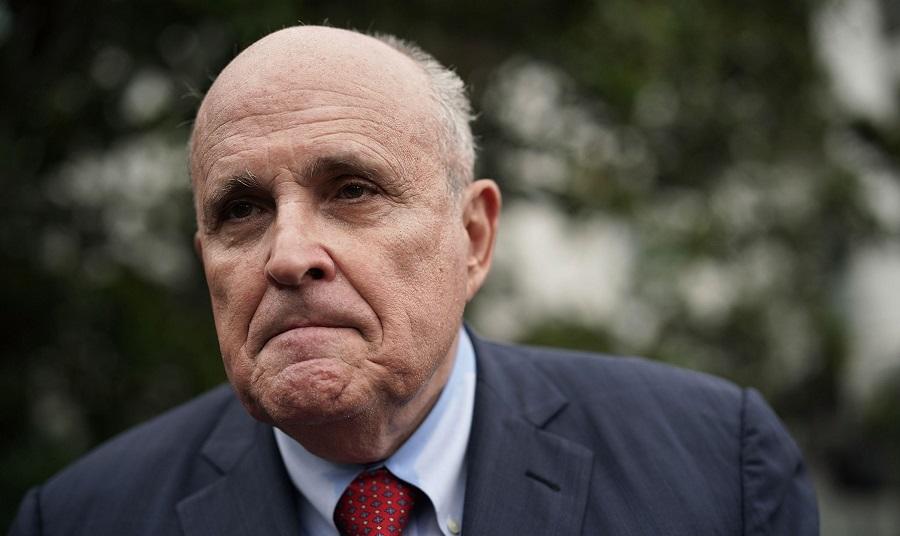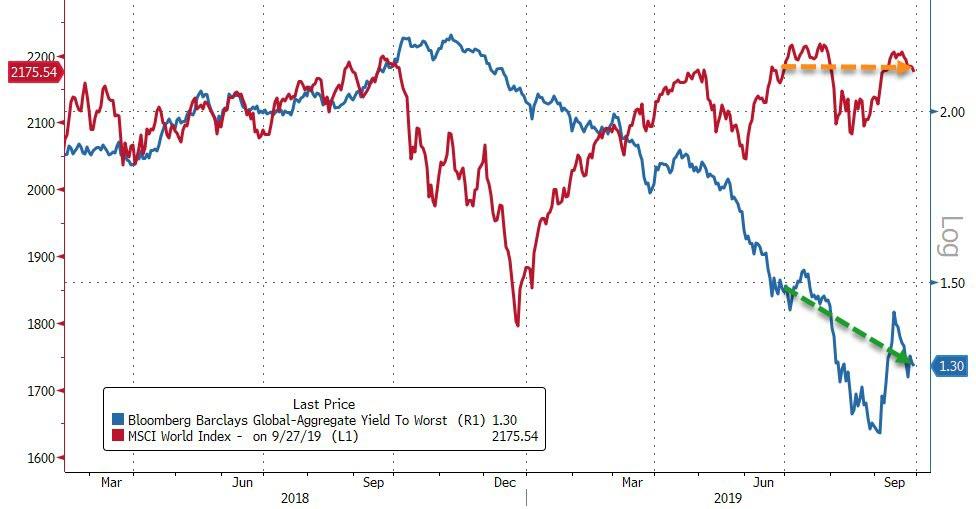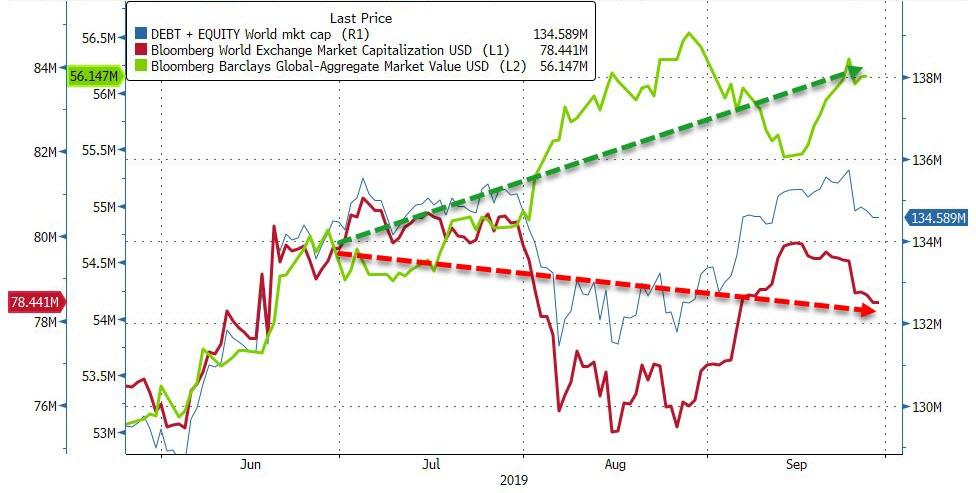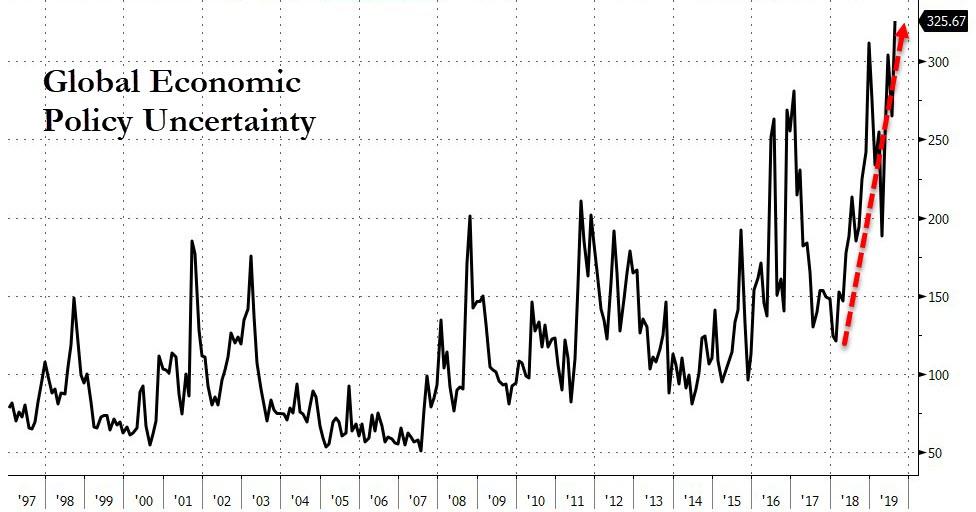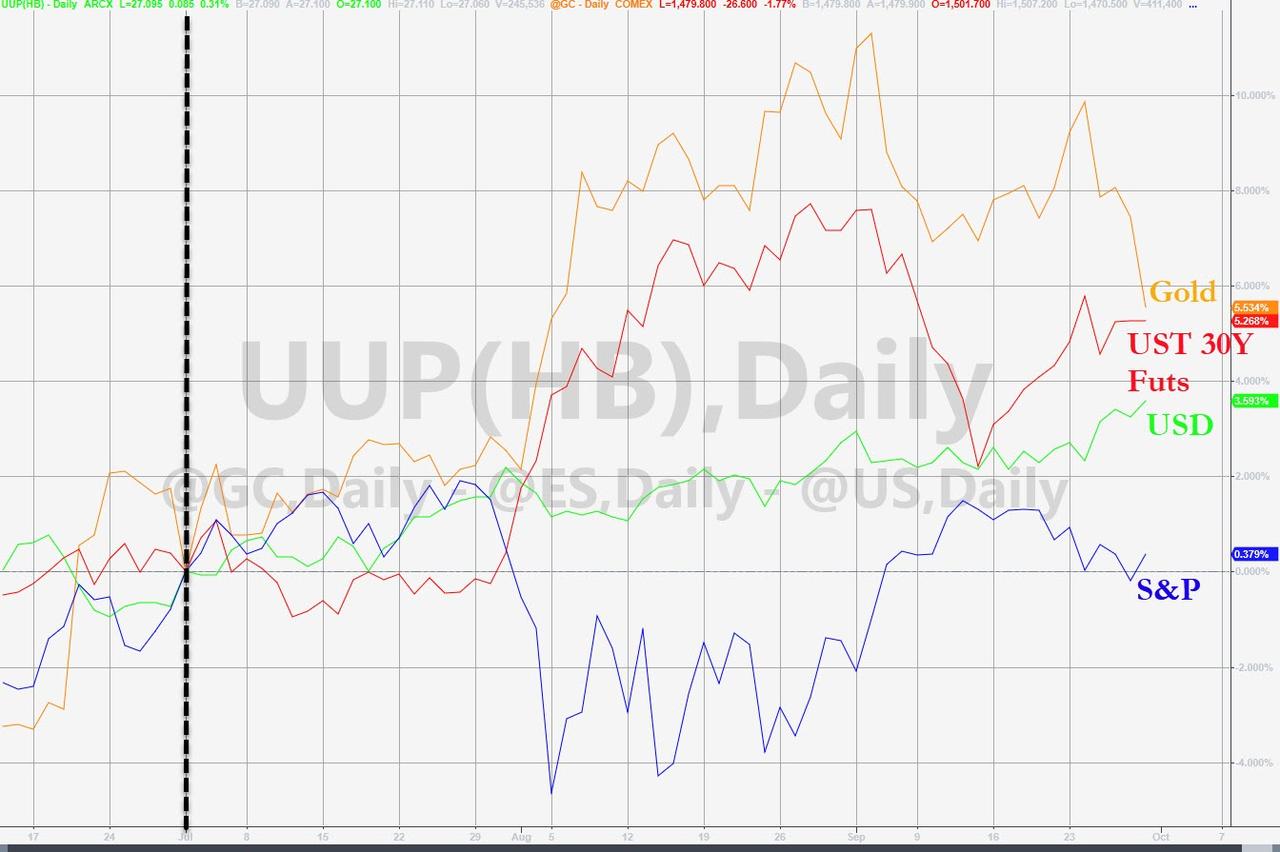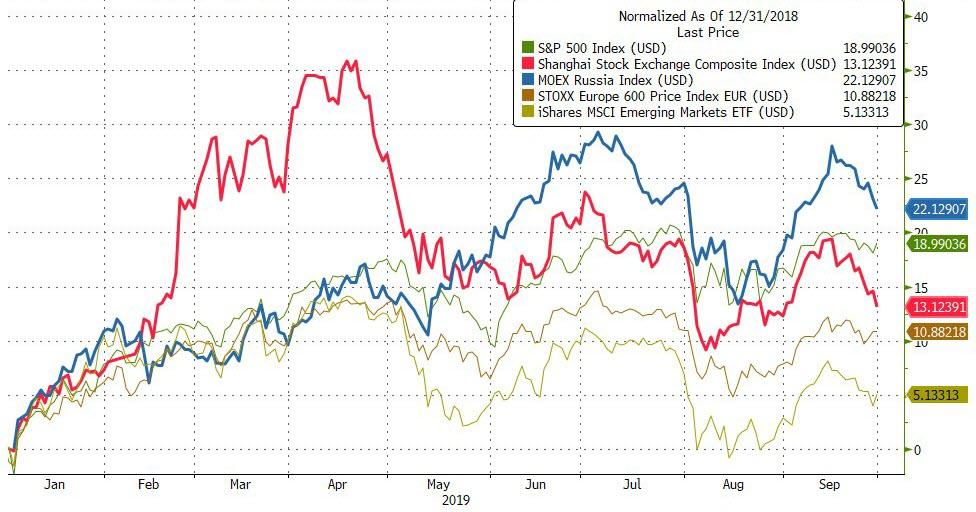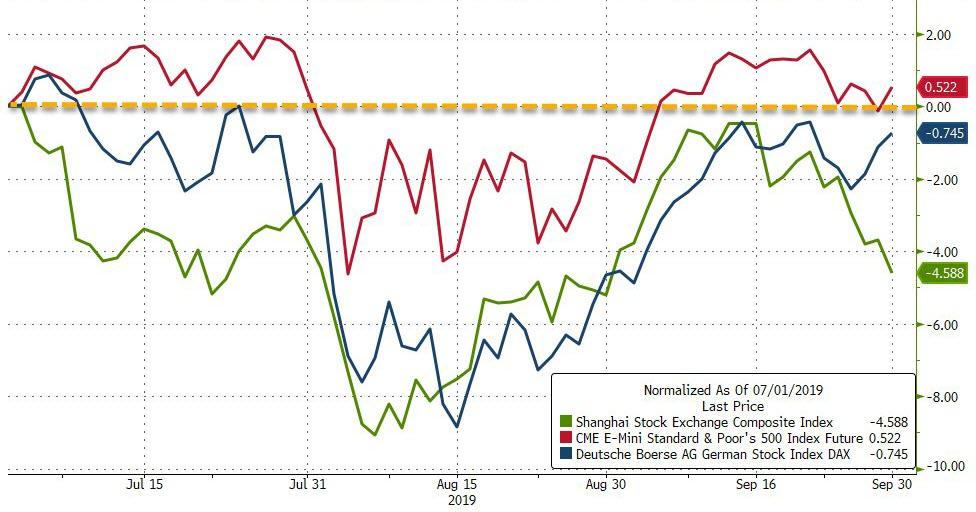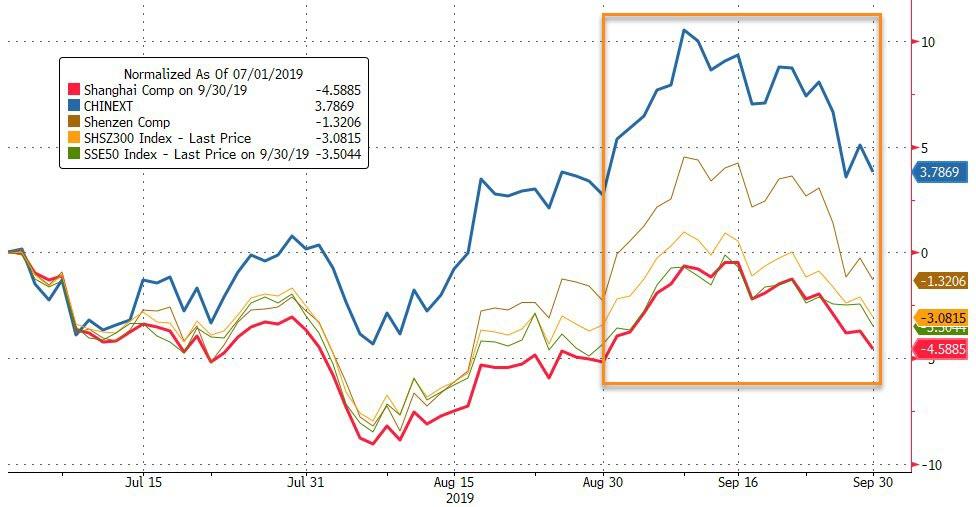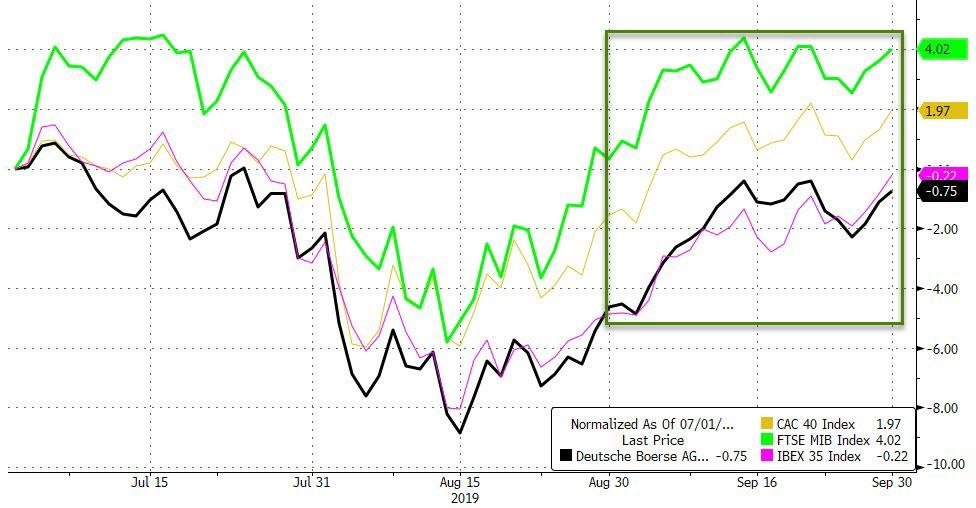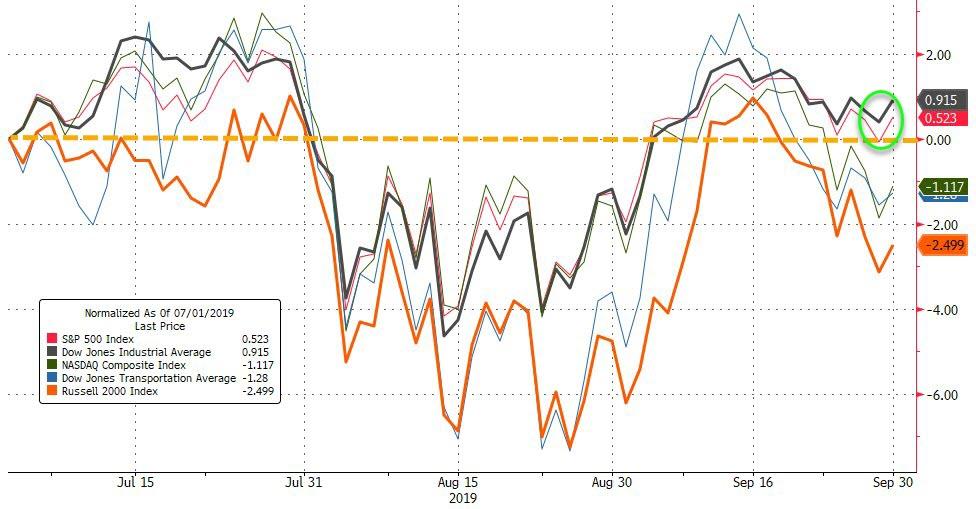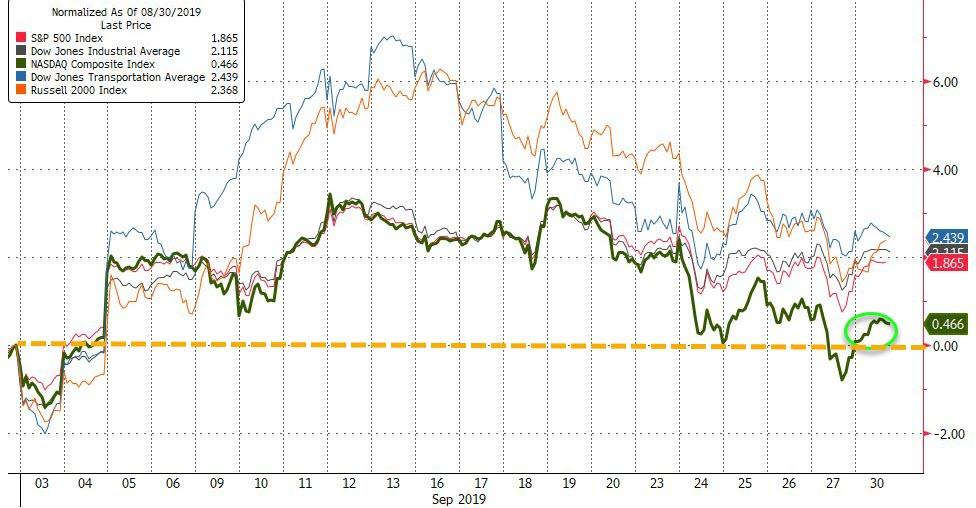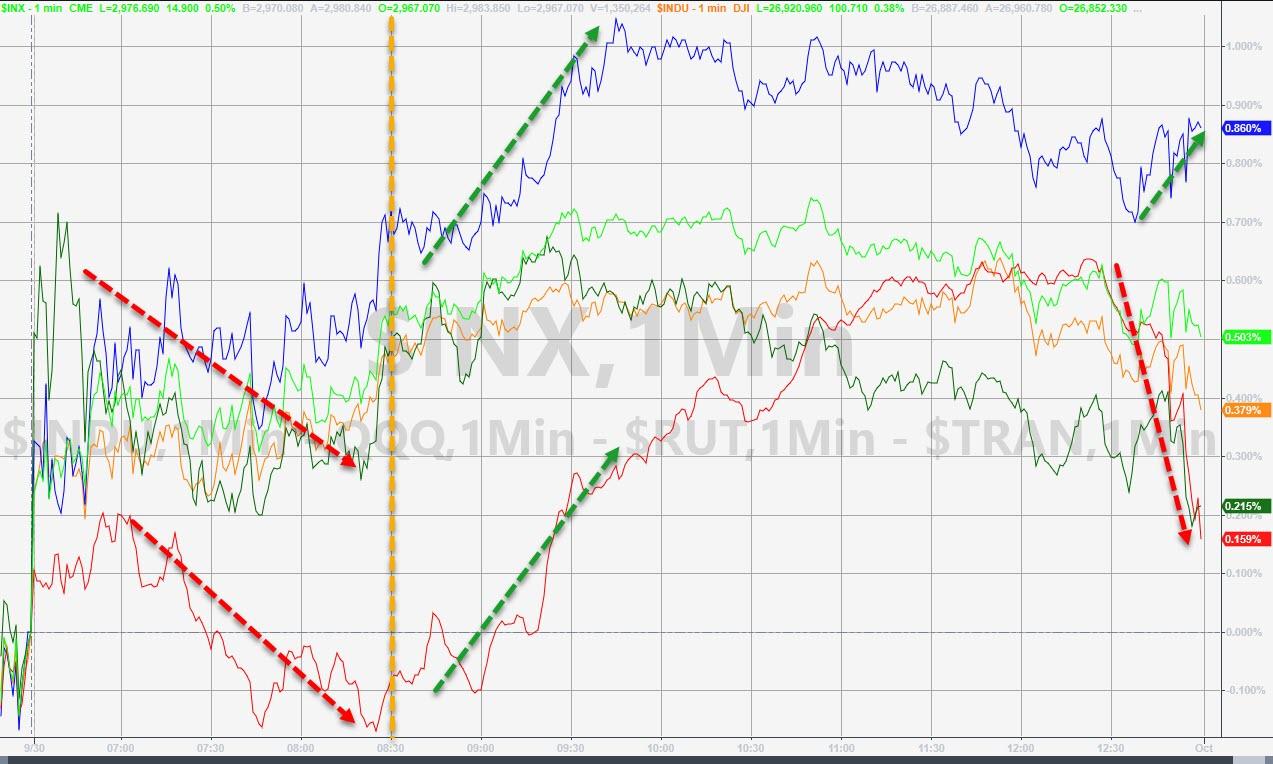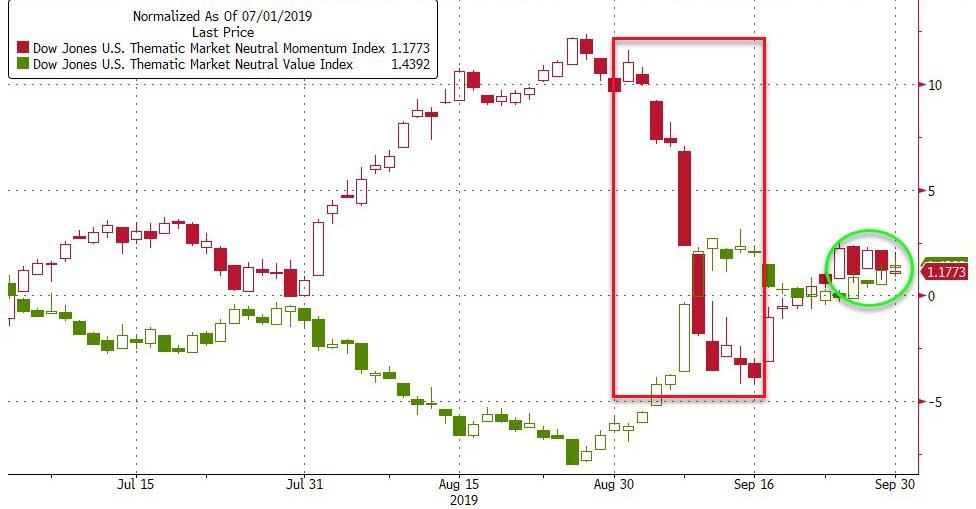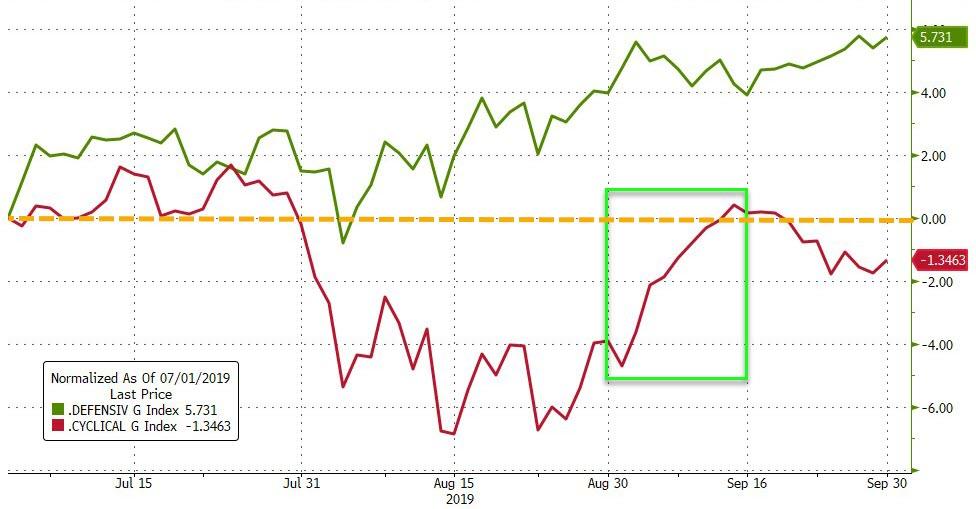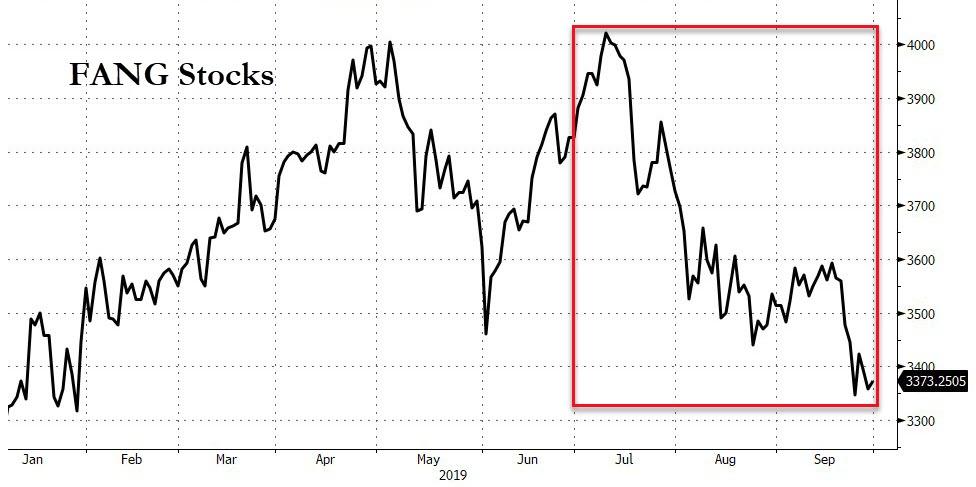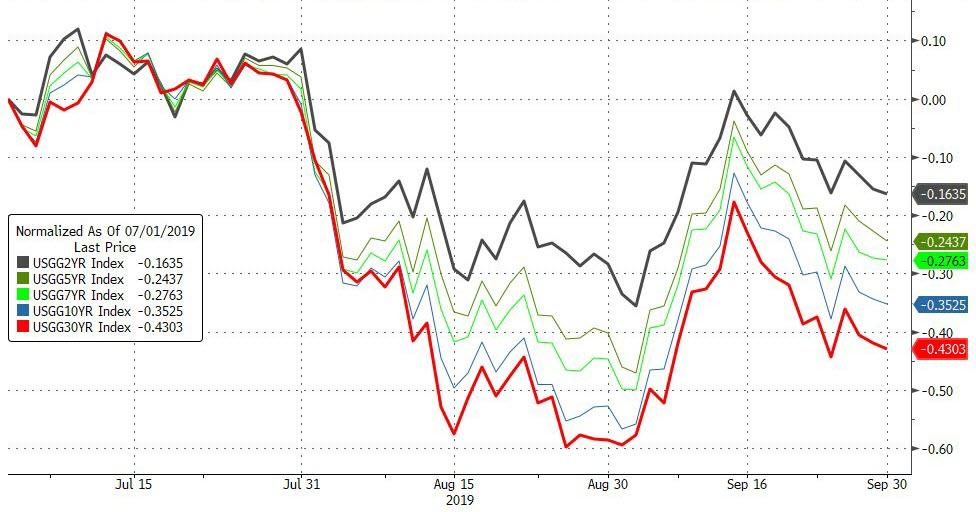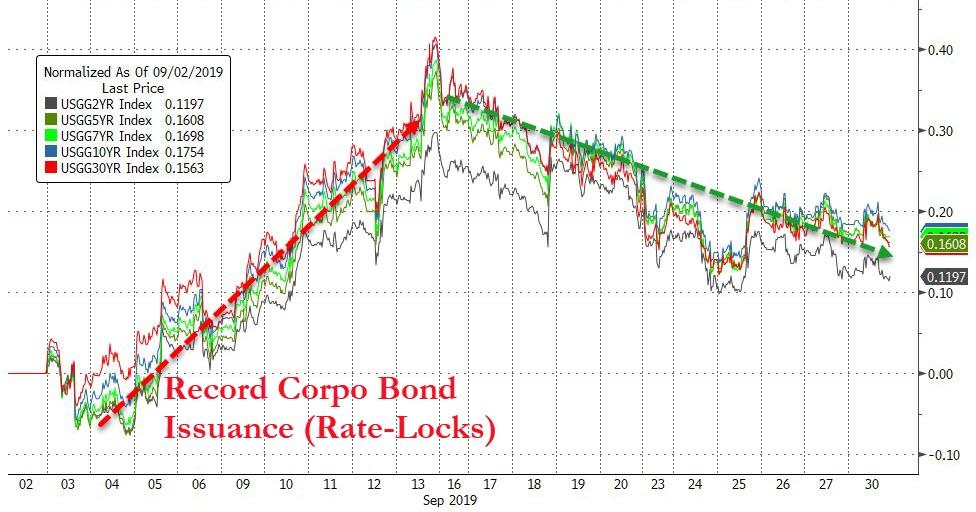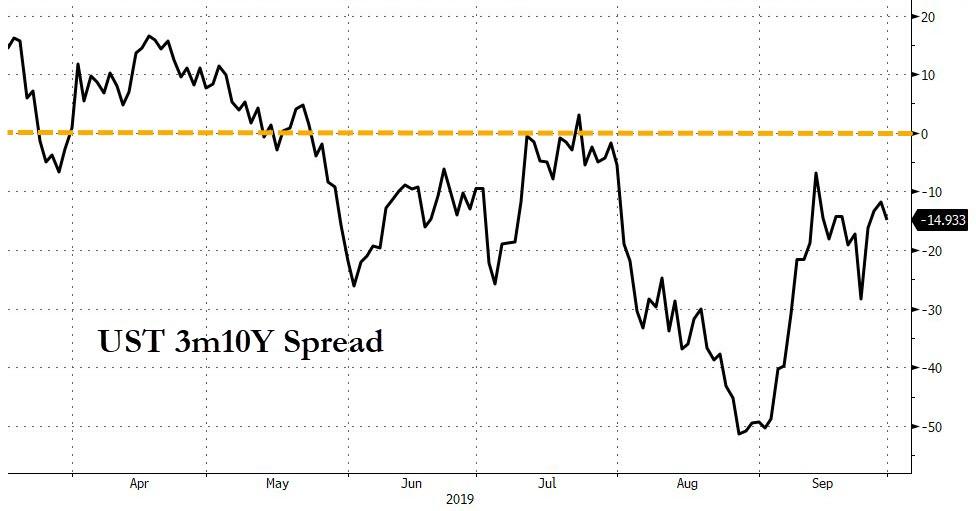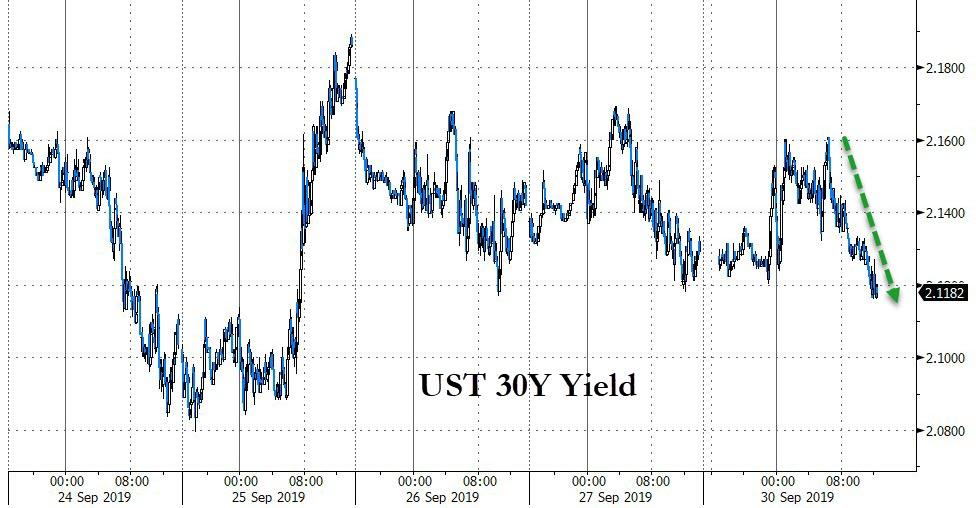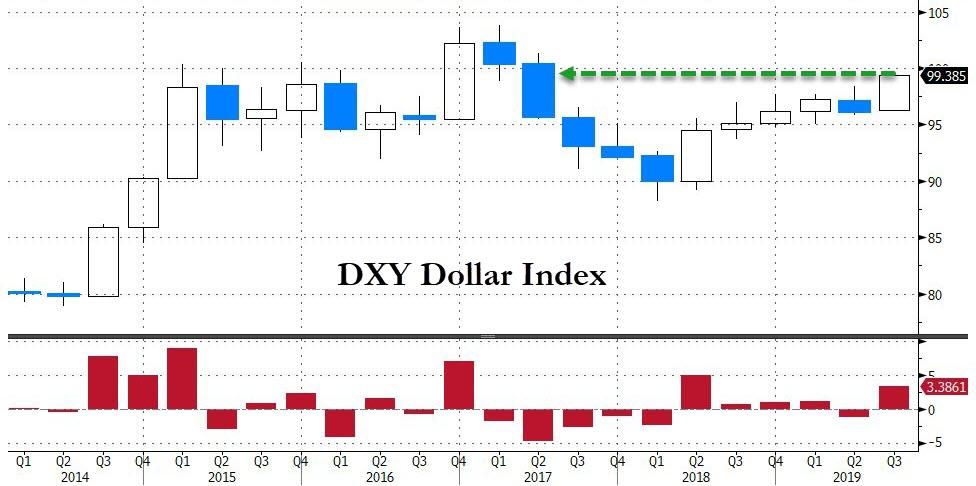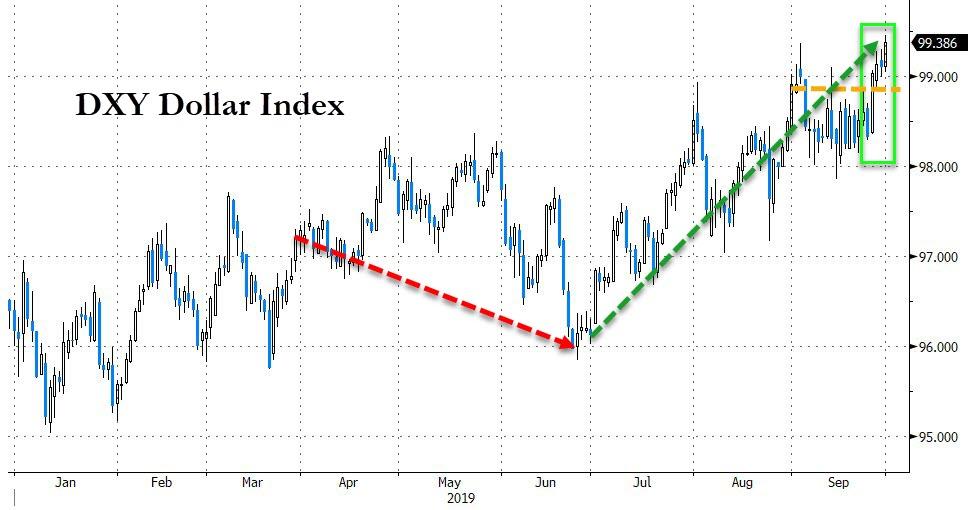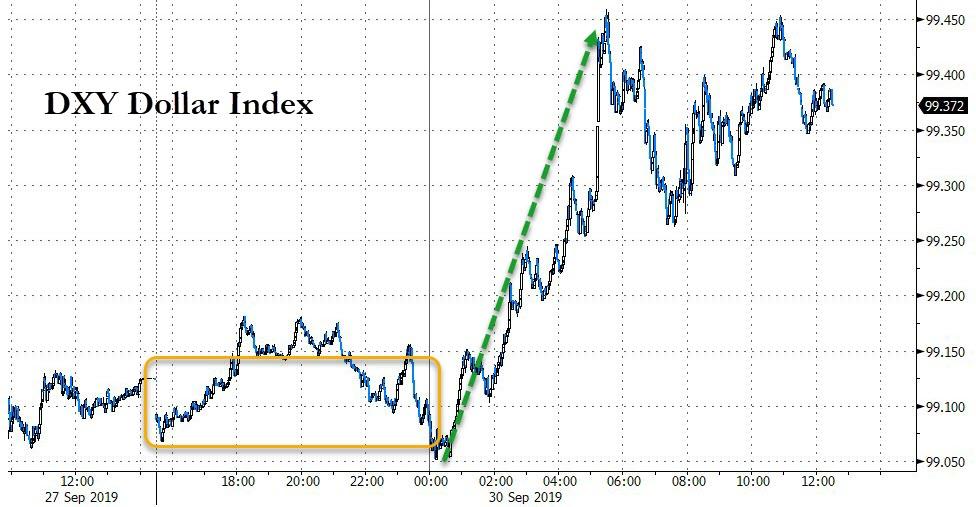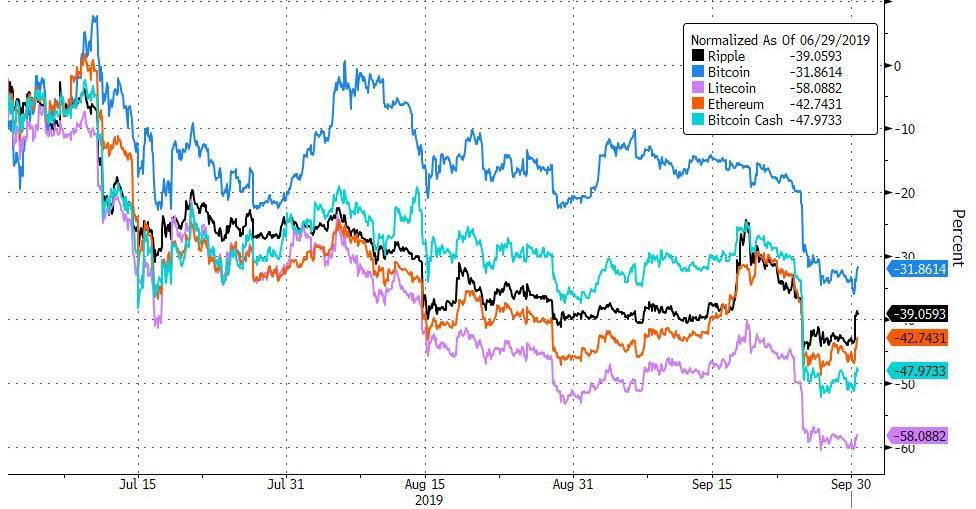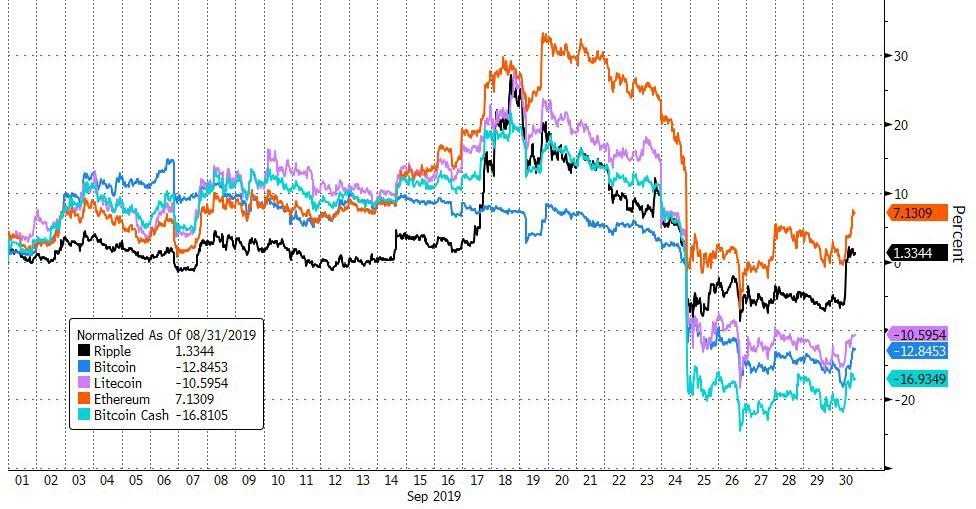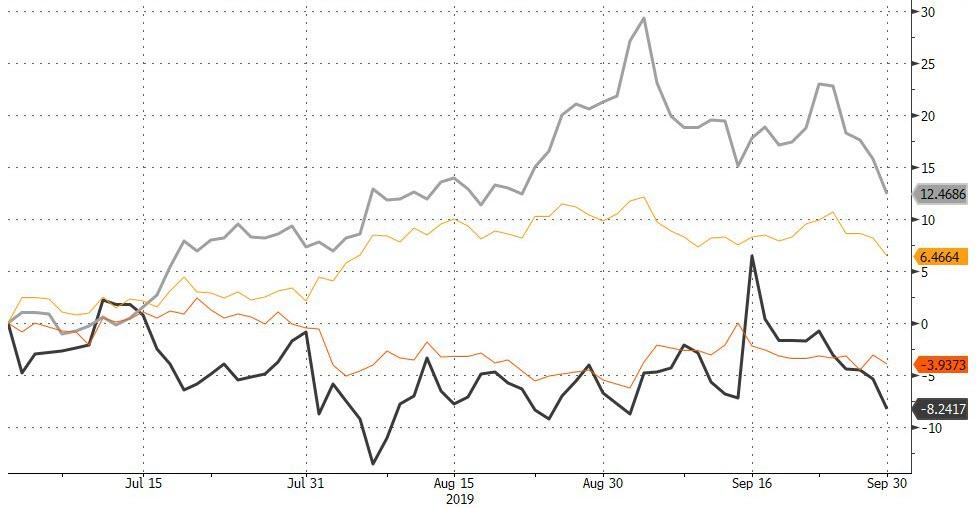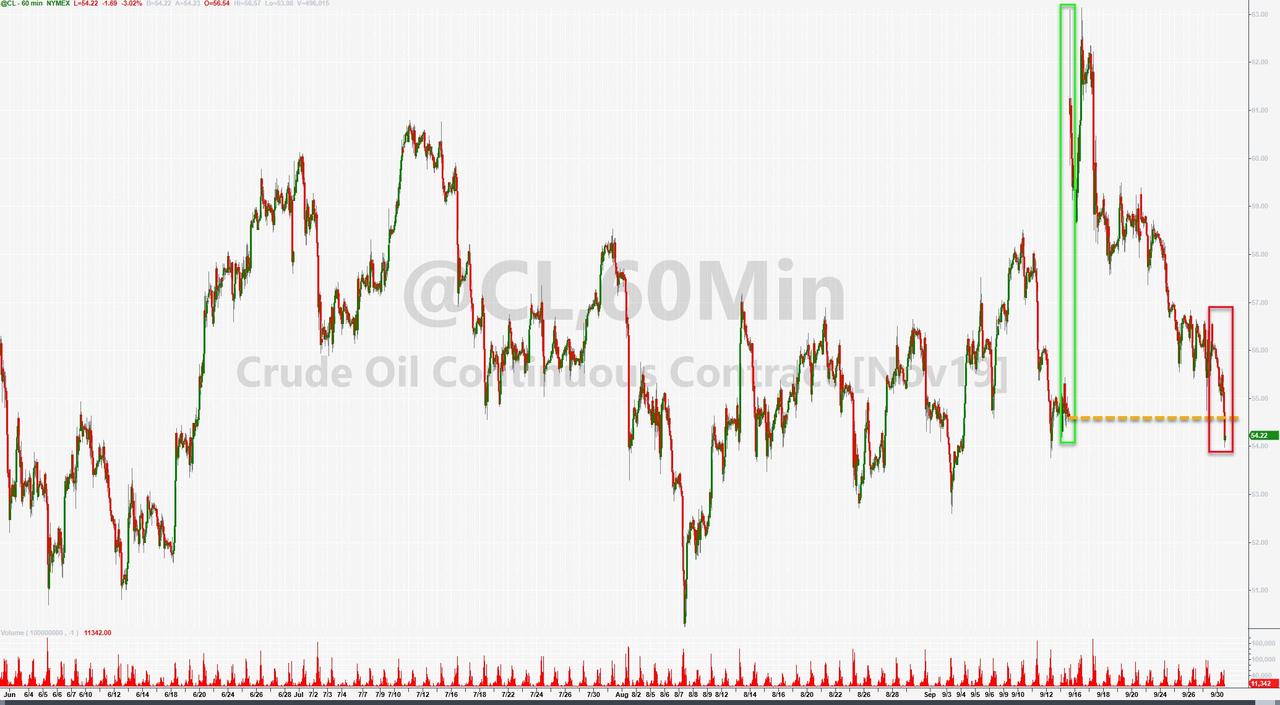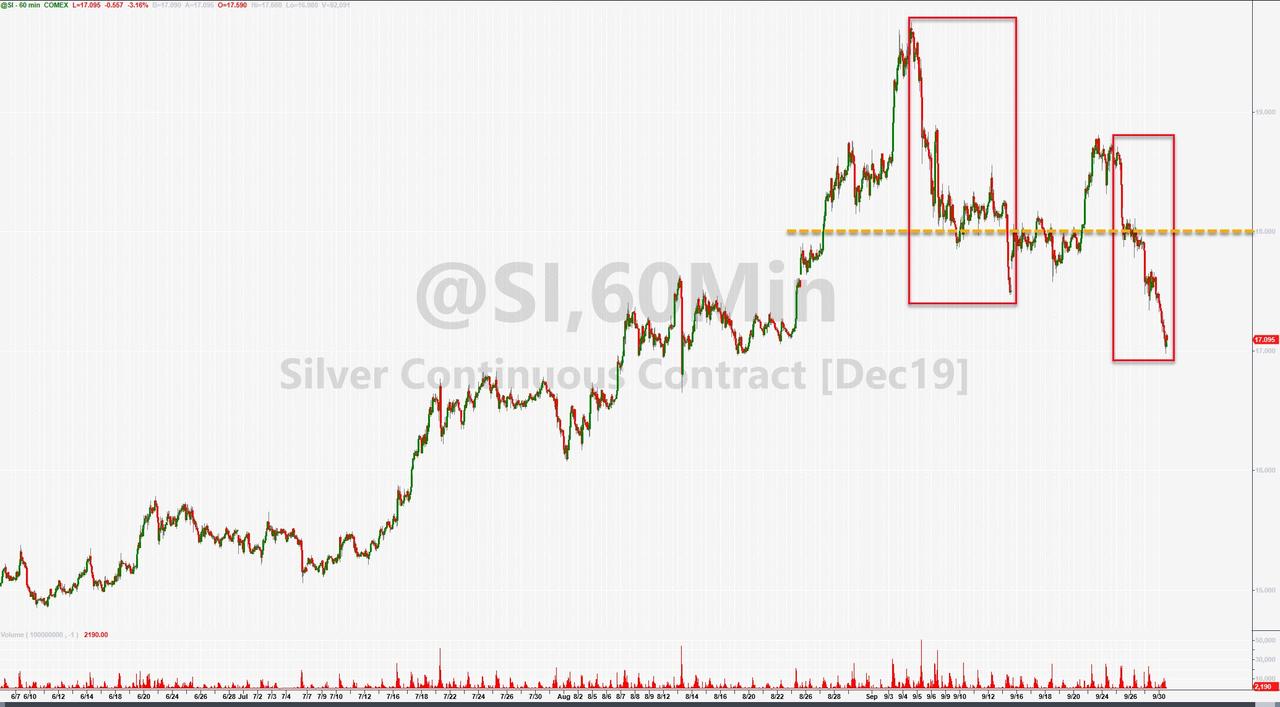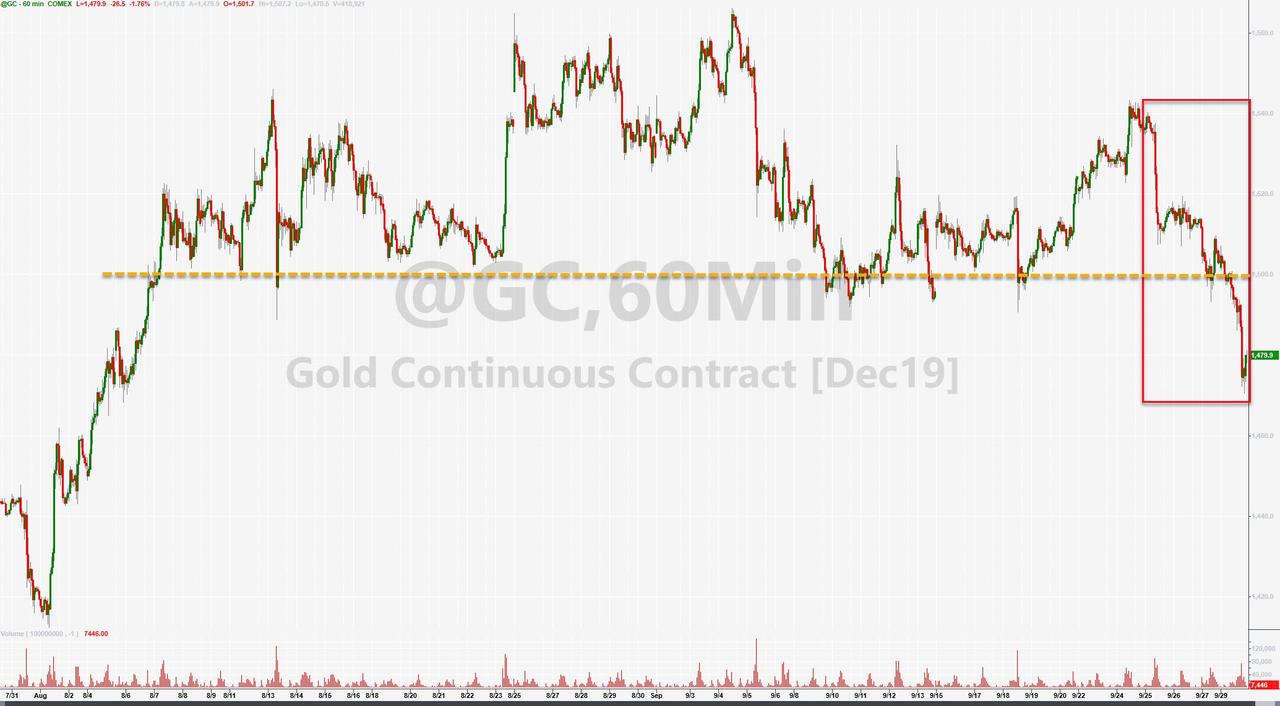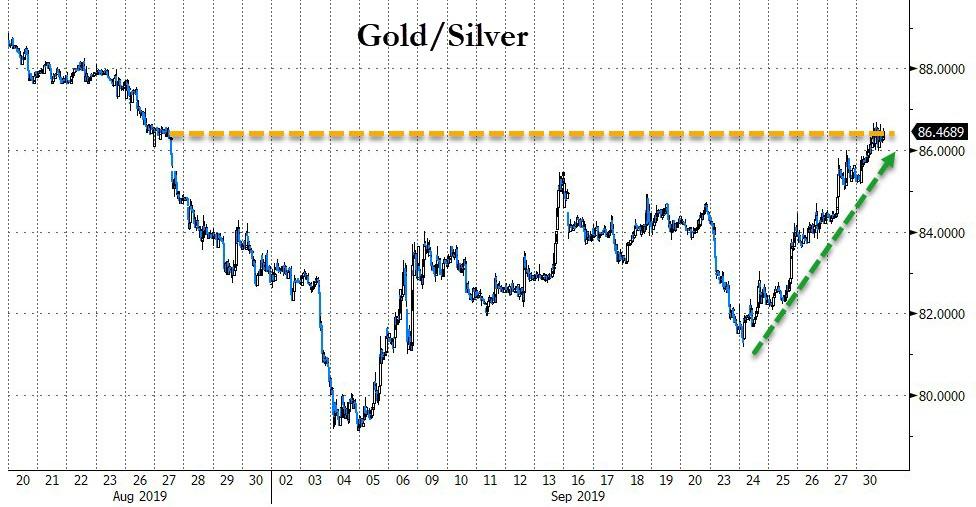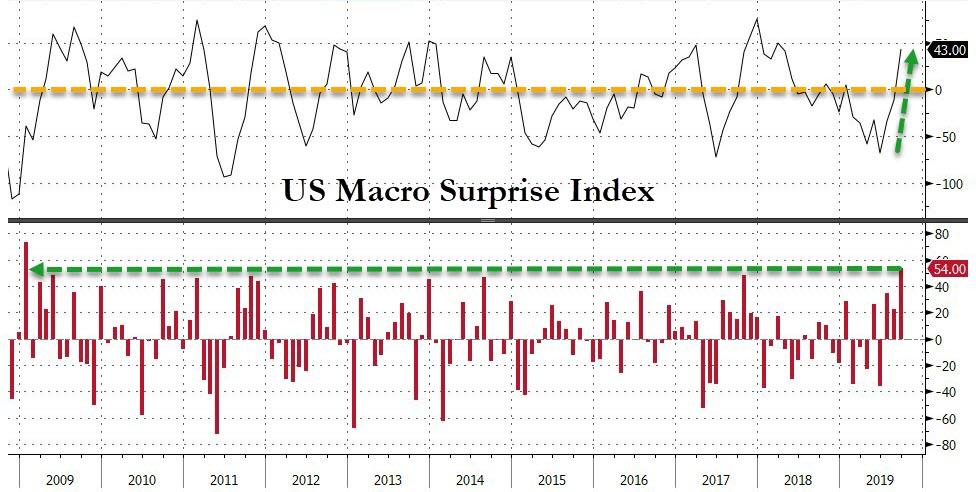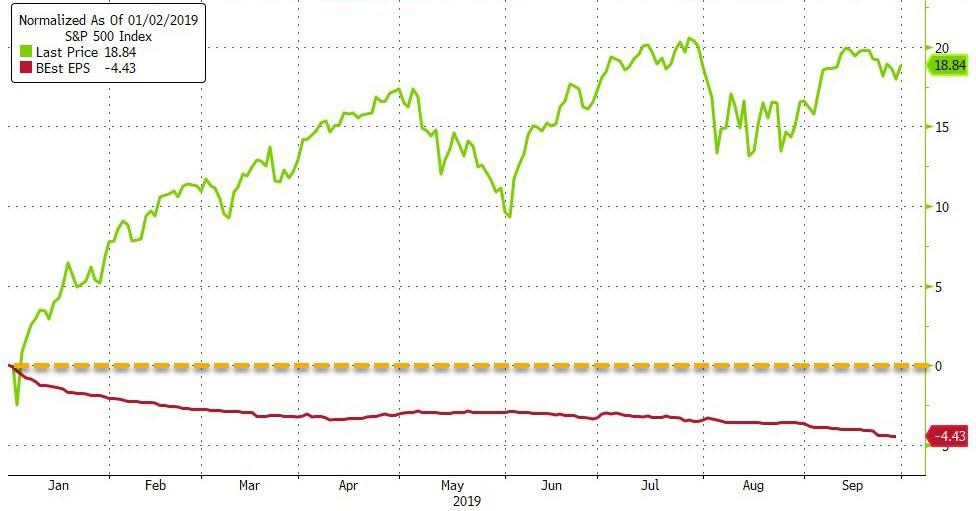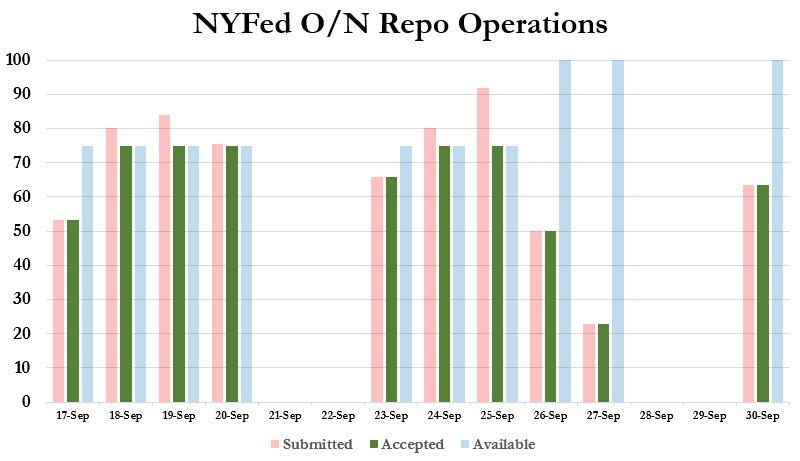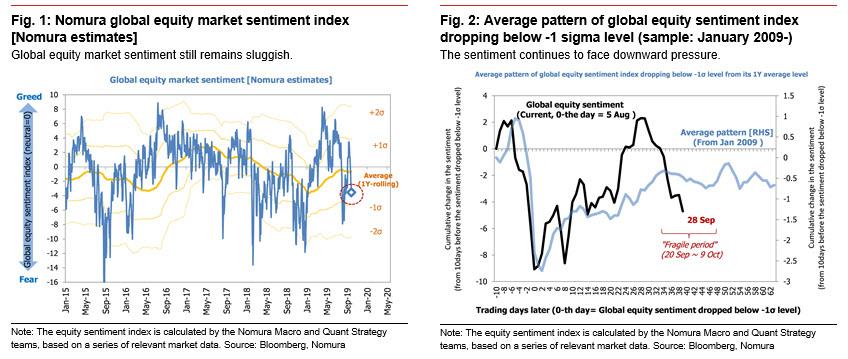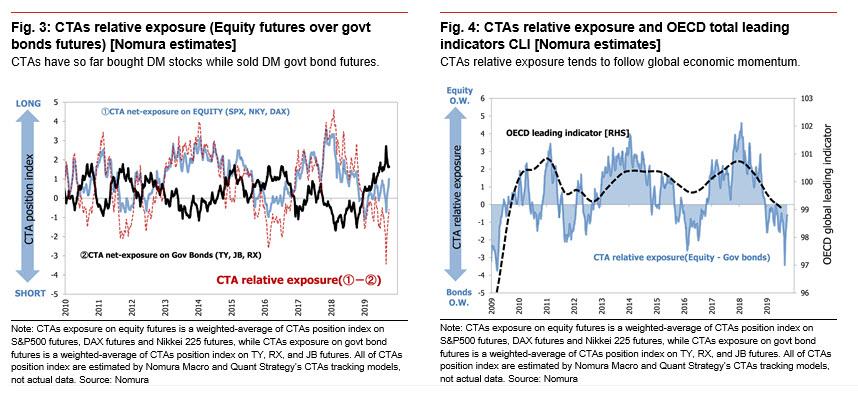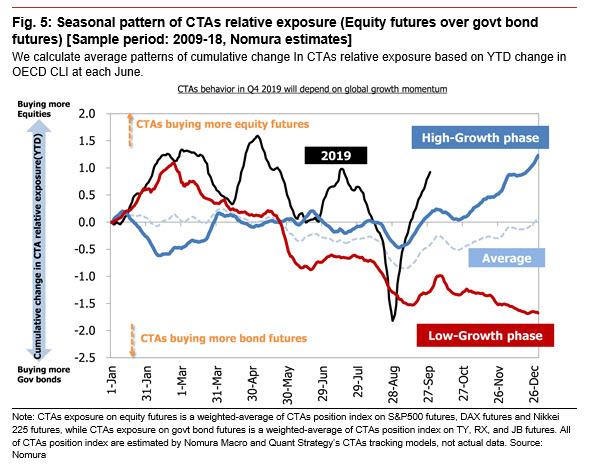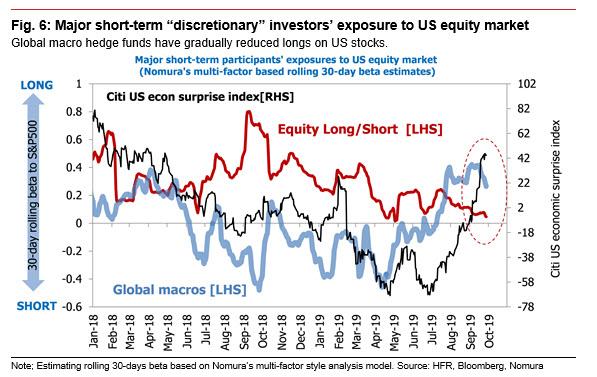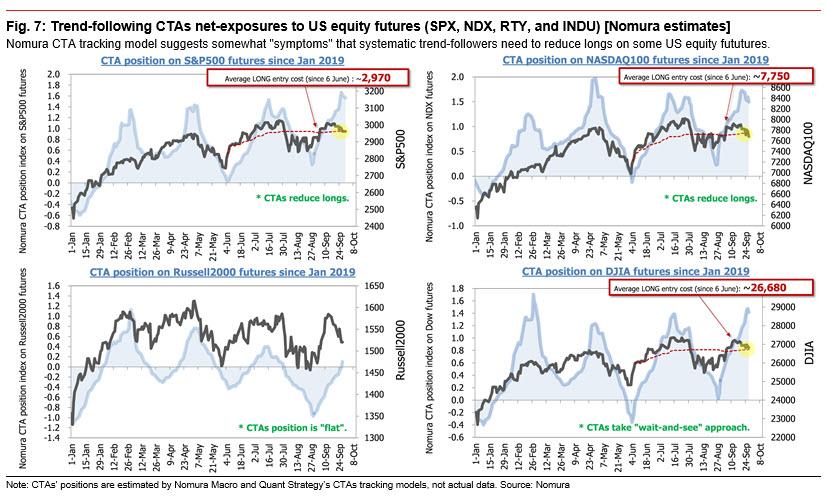The press office for Colorado Gov. Jared Polis, a Democrat, has been trying to get media outlets within the state to remove two stories posted online because they object to the source.
Earlier this month, writer Derek Draplin reported that Polis had established a new office—the Office of the Future of Work—to research the state’s changing economy and workforce and make policy recommendations to the governor’s office. Draplin published the article in The Center Square, a nonprofit media outlet.
The factually accurate story (read it here) quotes Polis praising the creation of the office, as well as a Colorado GOP spokesperson mocking the creation of yet another regulatory bureaucracy with “undefined goals, broad powers, and a name straight from the brain of George Orwell.”
The Center Square offers its state coverage up for free reprints by other media outlets as long as they are appropriately credited. This is not an unusual arrangement; as advertising revenue bleeds away from local newspapers to the internet, small newspapers don’t have the manpower to cover many state or national stories on their own anymore.
But when two small Colorado newspapers, the Kiowa County Press in Eads, and the Chronicle-News in Trinidad, published the story, they heard from Conor Cahill, Polis’ spokesman, who asked them to take the articles down.
Cahill did not challenge any of the facts presented in the story. He, instead, objected to them having run news stories from The Center Square because he does not see them as an objective source of information. The Center Square is a product of the Franklin News Foundation, which offers state-level journalism and opinion pieces focused on fiscal responsibility and transparency. It used to be known as Watchdog.org but relaunched earlier this year under the new brand.
Cahill’s argument is that donors to Franklin News Foundation may come from libertarian or conservative backgrounds, and the fact that writer Draplin is also an editor at The Daily Caller, a right-leaning outlet, apparently taints everything The Center Square writes, even if the story is completely accurate. After the editors refused Cahill’s request and The Center Square reported what had happened, The Denver Post and even the Associated Press picked up the story. In an email to The Denver Post, Cahill explains his justification for reaching out to these newspapers:
“When we looked into this group and discovered that it was not an objective wire service, but instead a branded website funded by the Koch Brothers’ political organization, we were alarmed that it was being reprinted by reputable news outlets in the state. The people of Colorado deserve quality, objective news they can trust so they can make their own informed decisions. Newspapers can publish whatever they want to, anywhere they want, at their own prerogative, but the public is served best when articles by partisan organizations are placed in the opinion section or branded accordingly.”
When reached for comment by Reason, Cahill simply sent back the same quote.
What’s alarming here is that, again, he provides no evidence that anything written in the very brief news story is inaccurate, just written by a group that gets funding from people with an agenda might not match that of the governor’s office. Cahill is also implying that an organization with a political bent cannot also produce fact-based journalism. This would come as news to publications like Rolling Stone, Mother Jones, and, well, Reason.
And without question, it’s most certainly not the place of the governor’s press office—whose role is to push forward Polis’ agenda to the media—to be weighing in on what “objective” journalism is. That’s especially true since Cahill, upon repeated request, cannot actually point to anything in The Center Square‘s piece that is factually inaccurate.
Cahill should maybe take a break from attempting to “work the refs” at his state’s smallest media outlets and read up on the Streisand Effect. Because of his attempts to control what local newspapers publish, the news story actually got even more coverage than it would have otherwise.
from Latest – Reason.com https://ift.tt/2oIOlvC
via IFTTT

